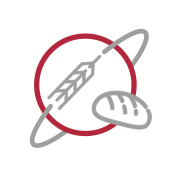Monitoring of microbial climate
by SCK CEN x Puratos
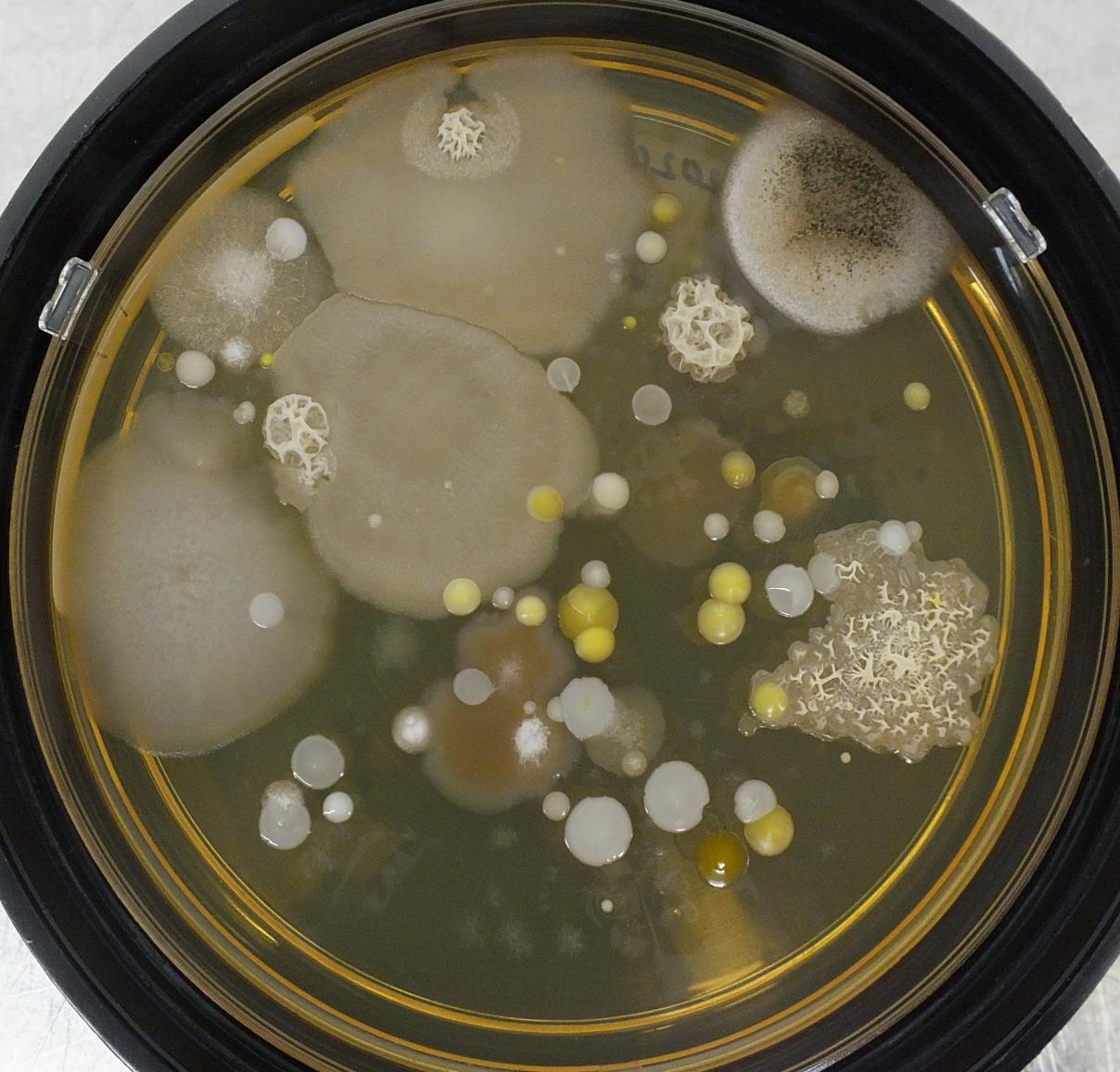
Understand microbial interactions under strict conditions
SCK CEN and Puratos will monitor the microbial populations in the closed atmosphere and within the product (intermediates). These results will help to understand the microbial interactions under the strict conditions of the closed biosphere. This information will be key to ensure safe operation and guide the selection of the appropriate microbial community to optimize the sourdough production. Puratos will subsequently optimize the processing parameters, as well as adding inclusions of different plant species, to obtain sourdough bread with excellent sensory quality and nutritional profiles.
Approach
-
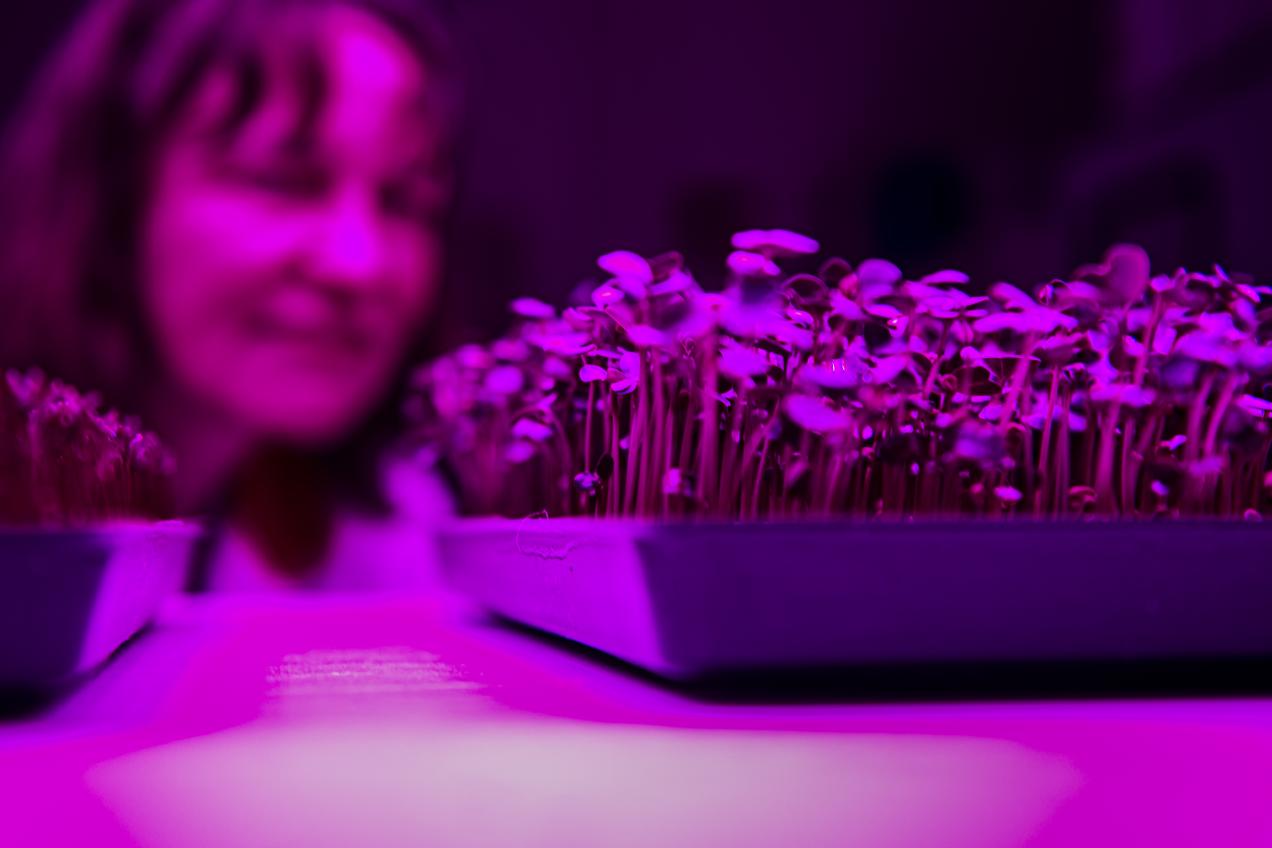
Task 1 - Microbial monitoring of the air and water
To understand the microbial dynamics in the closed loop system it is very important to monitor them regularly. To detect and identify the presence of microorganism will play crucial role to maintain the quality and safety of the whole process including plant growth till baking bread. Proactive steps to maintain the microbial dynamics in favor of efficient, safe and healthy food production will be the top priority of SCK CEN.
-
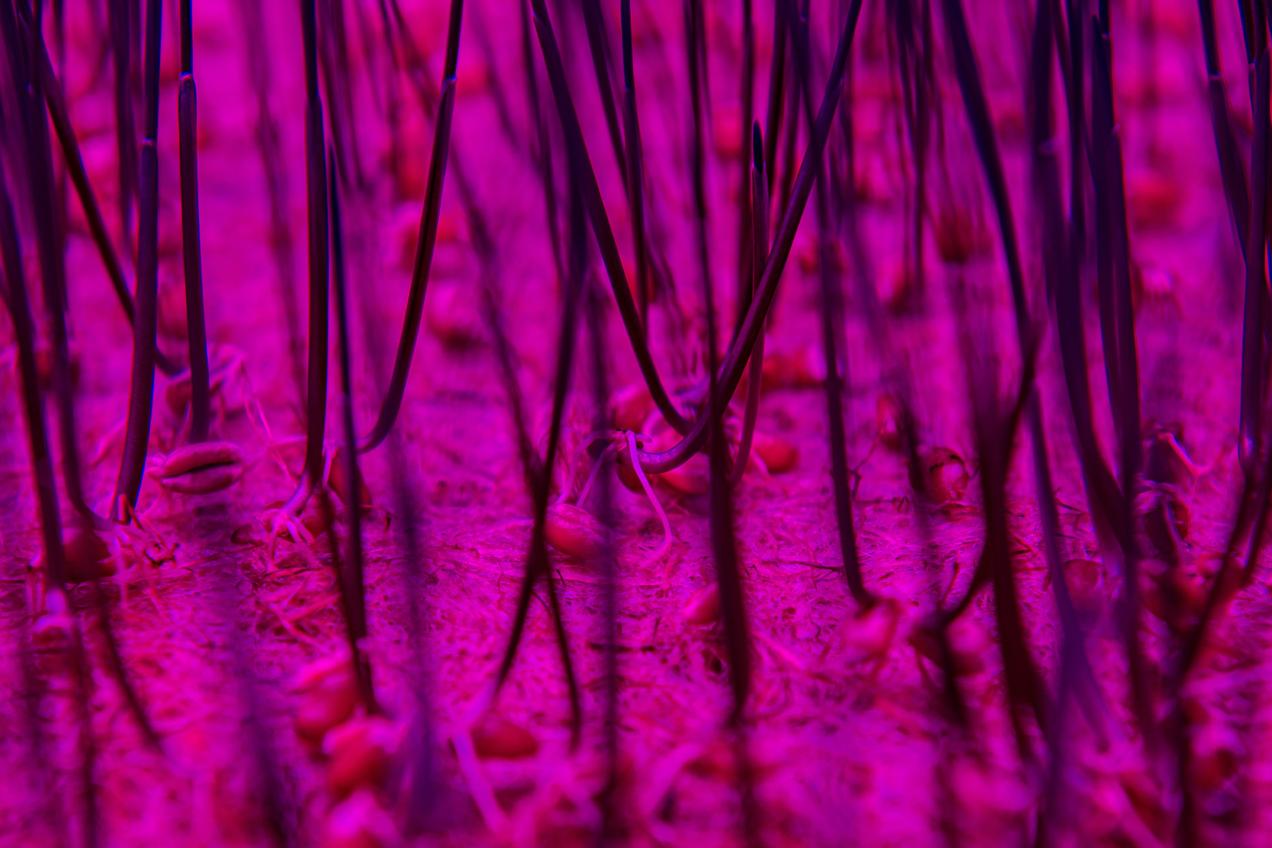
Task 2 - Wheat grain microbiome
Wheat grain microbiome is often suggested to determine the overall performance of wheat plants. Therefore, it is of utmost importance to understand how will they change over time while growing in a closed loop system. Long flight to Mars will already expose the grains to radiation and microgravity. Apart from that, the grains that will grow in a closed system needs to be used as seeds for next generation. These long transitions will have considerable effect on the microbiome of the seeds and rhizosphere. SCK CEN team will analyze the microbiome of the grains in different condition and in different generation. This will allow us to understand the impact of space travel and growth condition on these tiny but very important members of our planet.
Meet the SCK CEN expert team
-
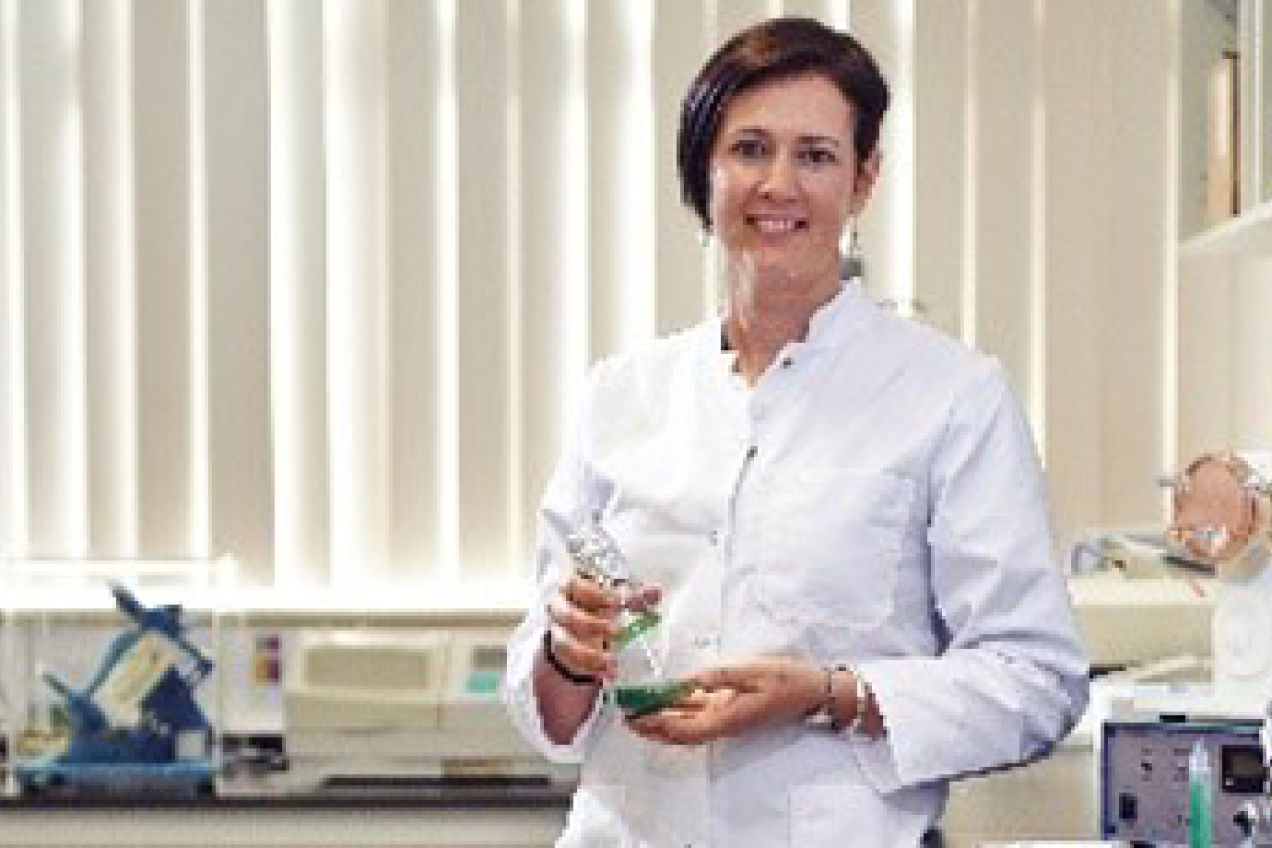
Natalie Leys, PhD
Natalie Leys, is bio-engineer, radiation microbiologist and space researcher at the Belgian Nuclear Research Centre SCK CEN, where she is heading the Microbiology research unit and coordinating the Space Life Science research program. She investigates the biological impact of ionizing radiation, and the role of microbes in radiation exposure conditions, such as in nuclear installations, in the radioactive contaminated water and soil, in the human body during radiotherapy health, and in space missions exposed to cosmic radiations. She has been active in space research programs for the past 18 years, and is member of the international MELiSSA program consortium, developing the MELiSSA Biological Life Support System for ESA. She conducted 10 microbial space flight experiments on ISS and FOTON, coordinated and participated in several international research projects and expert groups for EC and ESA, and has several close collaborations with space scientists from Canada, Russia, US, Japan and China. She has authored and co-authored a significant amount of international scientific papers, book chapters, and research reports (h-index 24), and her research has been presented several times in the media.
-
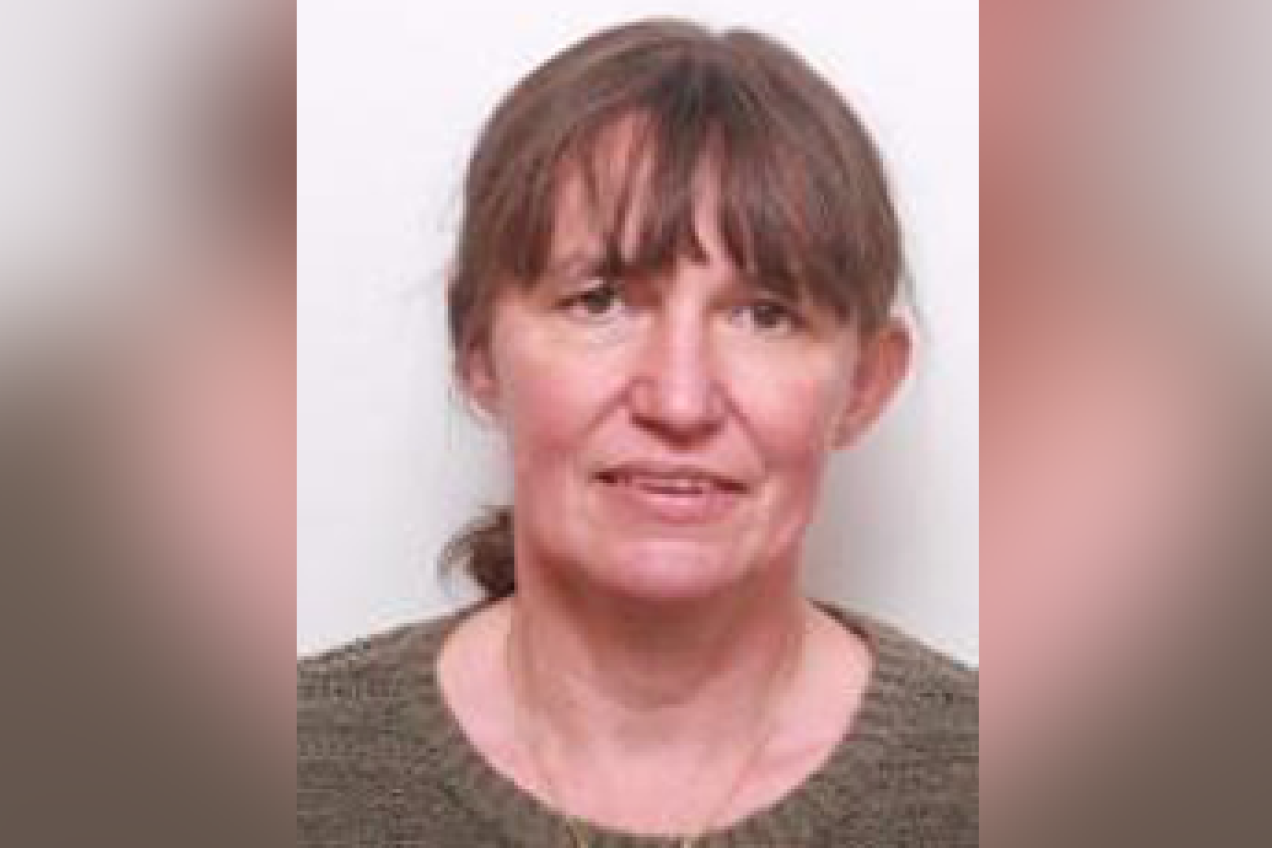
Prof dr. Nele Horemans
Nele Horemans obtained her PhD in Sciences (Biology) in March 1997 on “Ascorbate-mediated functions at the plasma membrane of higher plants”. Between 1997 and 2008 she was involved in different research projects from studying the response of plants to metals like Cd and Zn or to pollutants like ozone. In 2008 she obtained a position as researcher in the Belgian Nuclear Research Centre (SCK CEN) within the unit Biosphere Impact Studies (BIS) focusing her research at mechanistic understanding of the response of plants to radiation or radionuclides at different levels of biological complexity from individual to molecular responses including the response to multiple stressors. For this she performs both controlled lab experiments as field studies in nuclear accident affected areas. In 2012 Nele Horemans was appointed guest docent to the University of Hasselt teaching a course on eco- and radiotoxicity to first year Master students of Biomedical sciences and in September 2015 she became head of the Unit Biosphere Impact Studies.
Whereas SCK CEN has a longstanding expertise in Space Research especially from the microbiological as well as the human point of view, these topics have only over the last 3 years been implemented within the plant oriented team of Nele Horemans. The space related research includes studying the effects of adverse space conditions (radiation and microgravity) on the plant growth and on their nutritional value to explore the use of plants as astronauts food. Nele Horemans is active in international networks like the ALLIANCE platform for radioecology and the ESA working group looking at the Biolab plant facility requirements. She has guided multiple PhD, master and bachelor students and is (co)author of over 90 peer-reviewed papers.
-
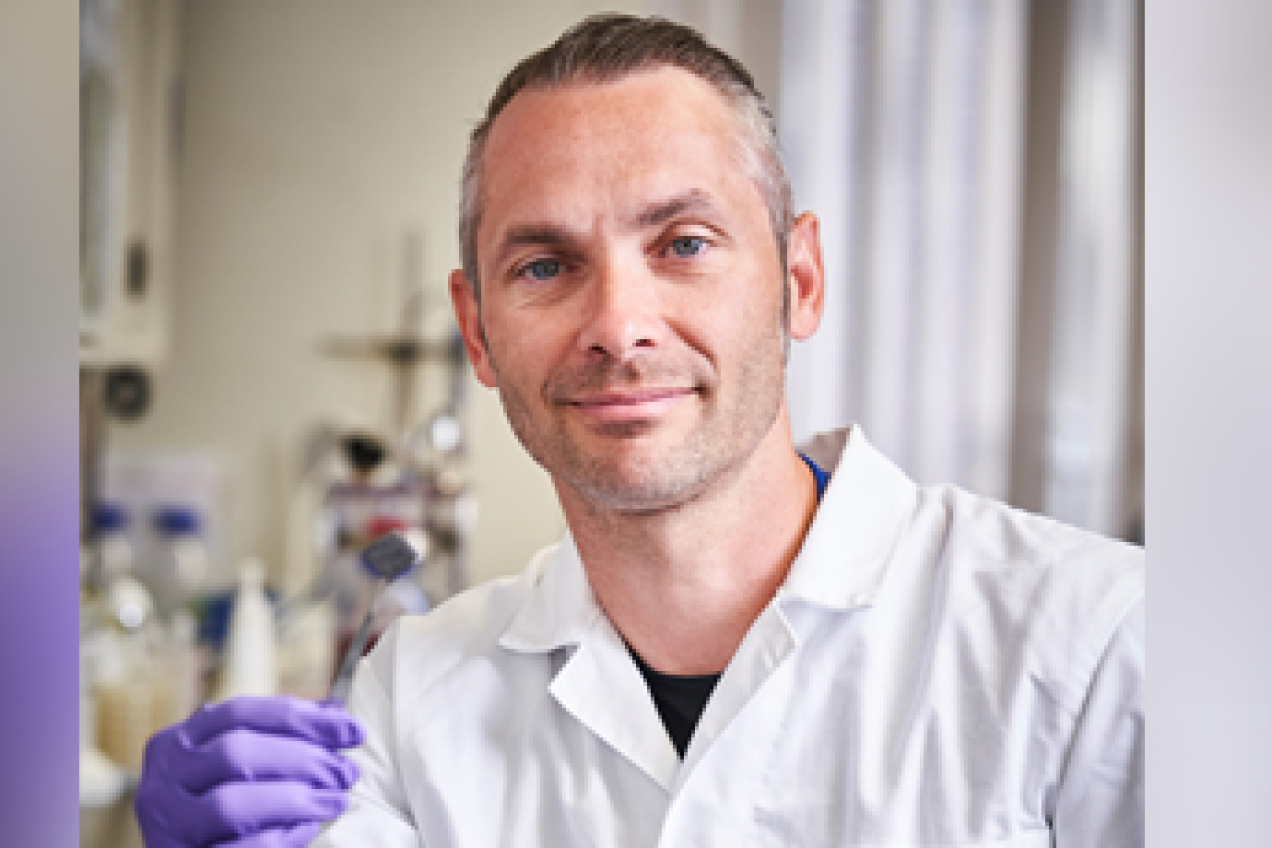
Rob Van Houdt - Senior Scientist
Dr. Ir. Rob Van Houdt is member of SCK CEN’s Microbiology unit. He joined the group in 2006 after his Ph.D. in Applied Biosciences and Engineering (KU Leuven, 2005) and one year as a post-doc fellow at the Centre of Food and Microbial Technology (KU Leuven). His research activities are focused on dissecting bacterial contamination and its effects in space-related environments, and the response and adaptation of bacteria to stressors. He has been active in numerous projects that analyzed the microbial contamination in confined environments such as the Antarctic research station Concordia, ISS and the MELiSSA pilot plant (see e.g. BIOSIS and BIOSMHARS). He has authored and co-authored about 80 articles in peer-reviewed scientific journals and several books, book chapters, conference contributions and other scientific publications (h-index 29).
-
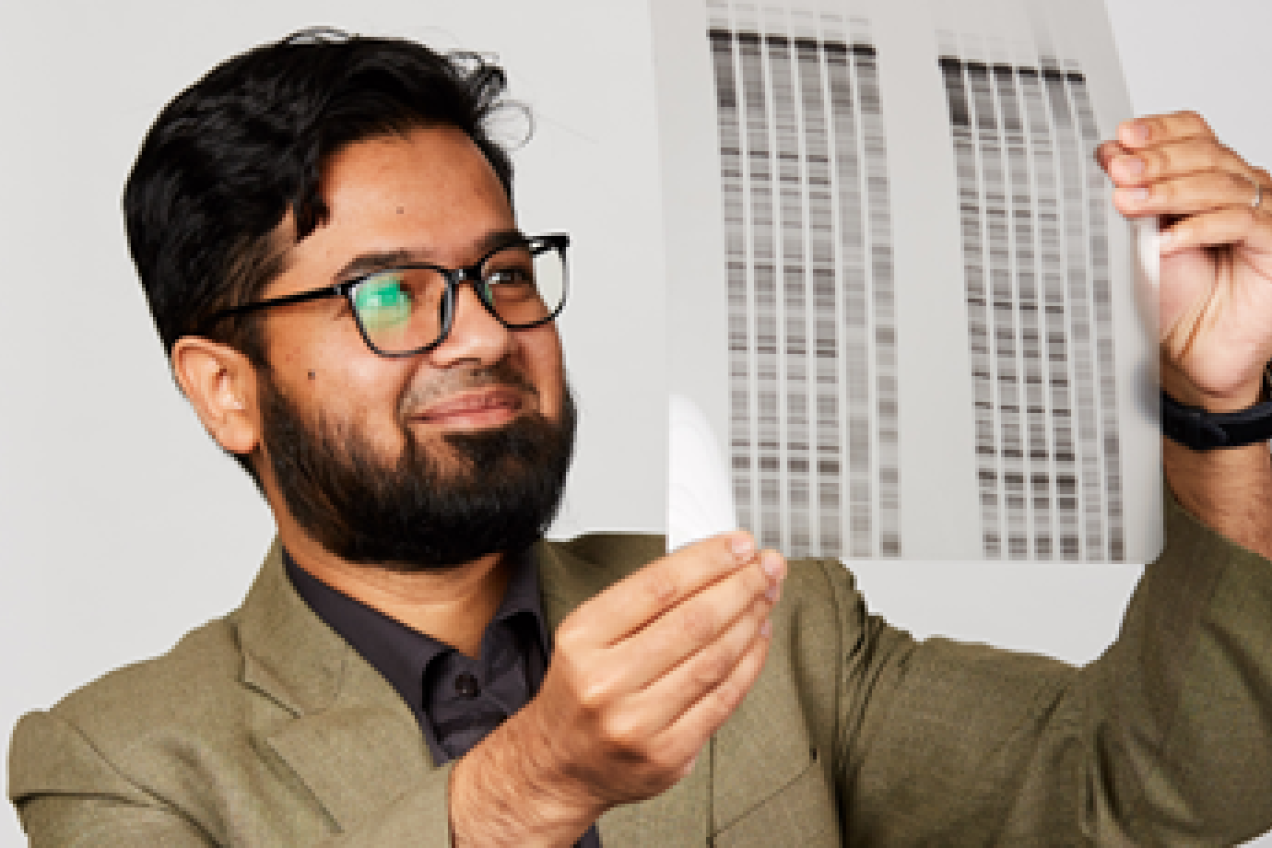
Md Muntasir Ali, Ph.D.
Md Muntasir Ali works as a Scientific Researcher at SCK CEN and holds a Ph.D. in Bioengineering sciences from Vrije Universiteit Brussel. He also obtained his Master's in Molecular Biology from KU Leuven under prestigious VLIR-UOS scholarship. His research expertise encompasses molecular understanding of microbial and plant processes in various stress conditions.
He studied the metal resistance mechanism of a specific bacteria found in International Space Station (ISS) during his PhD. Prior to that he was part of various research projects investigating ways to improve stress tolerance in plants and to understand the mechanism of plants stress response. Currently, his research focuses on microbial dynamics in different environments, plant-microbe interaction and enhancement of plant performance in resource limited conditions.
